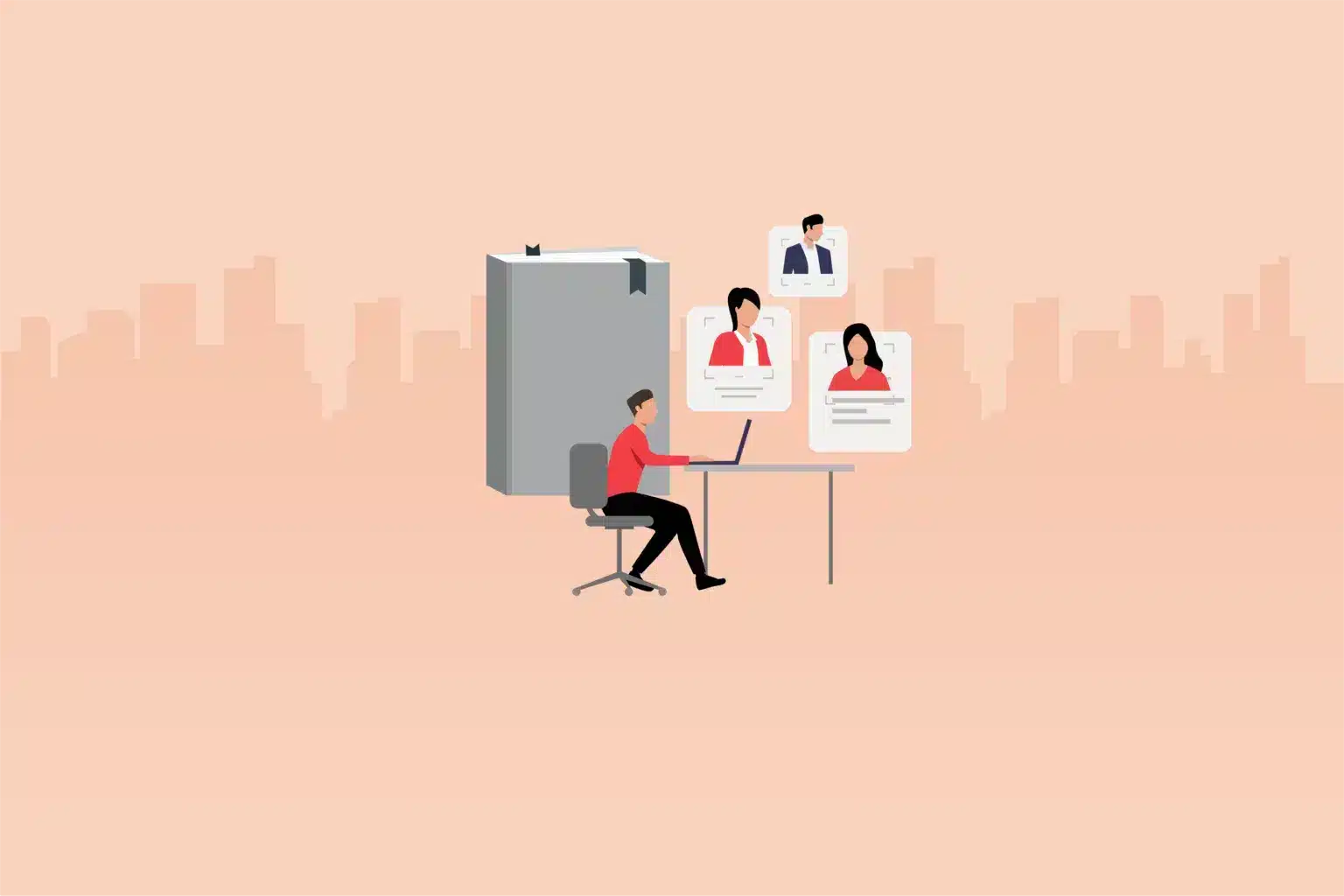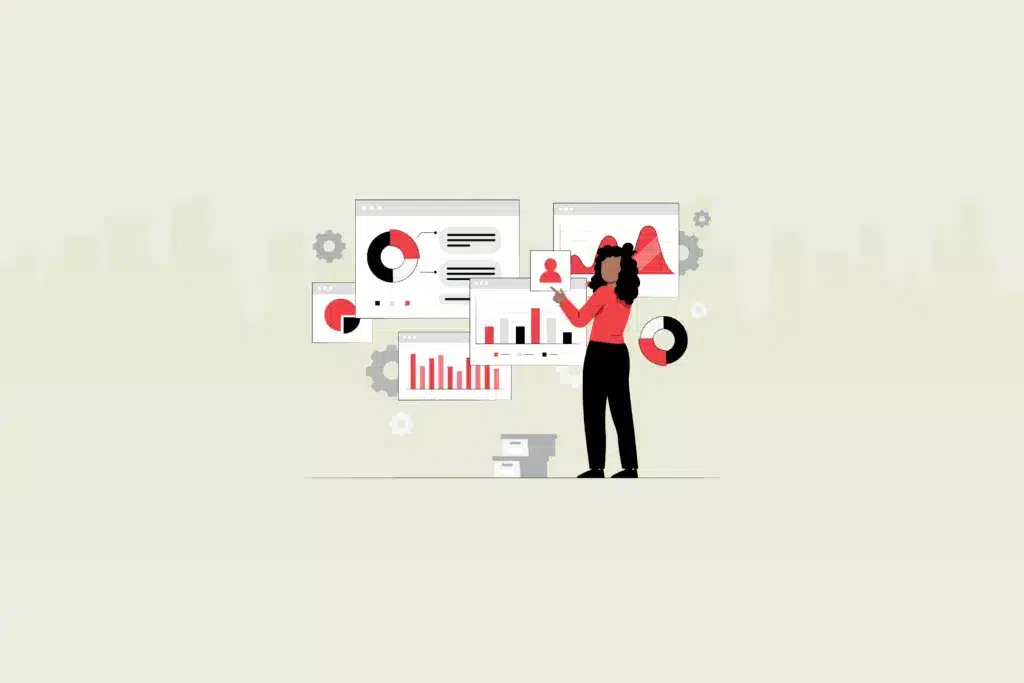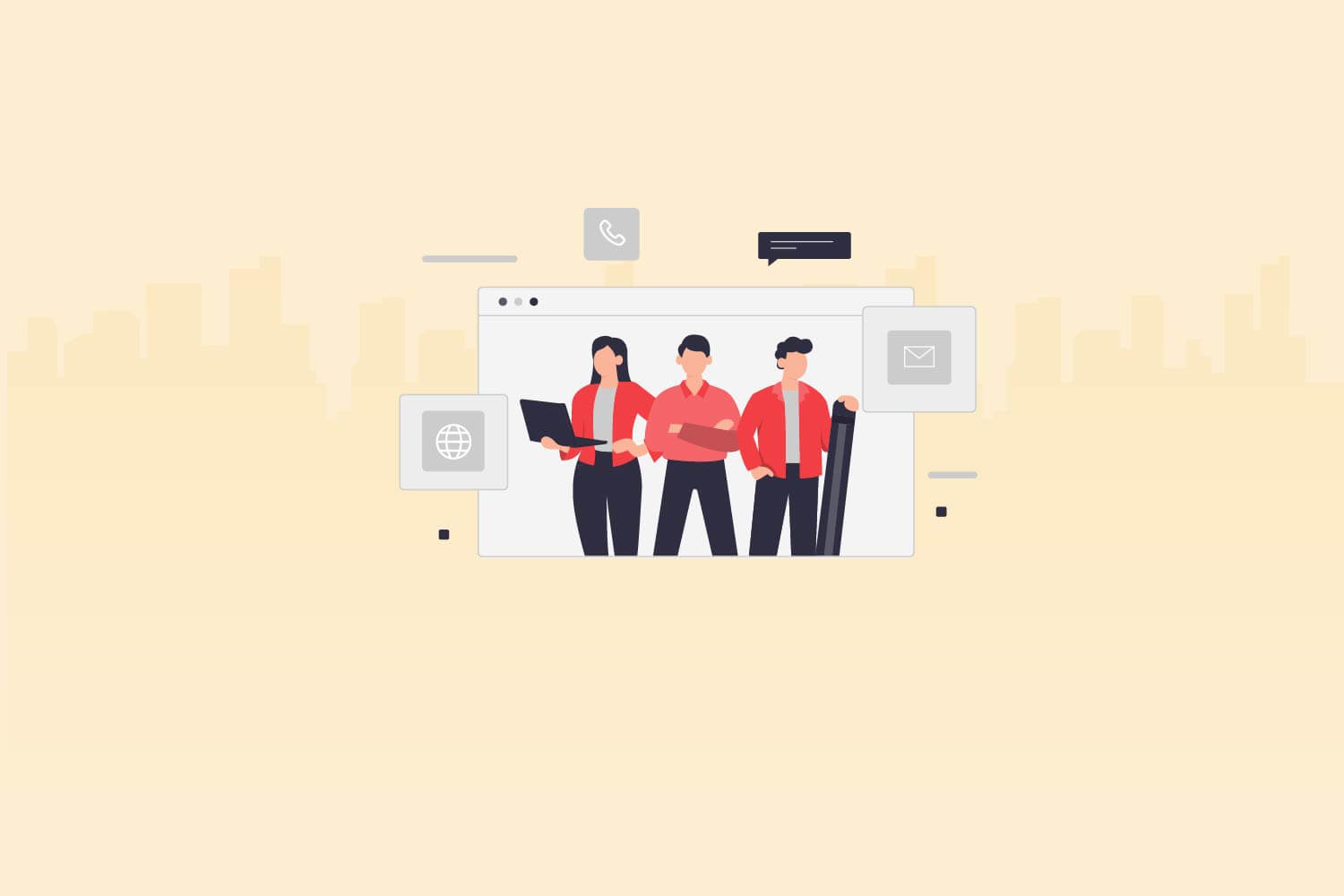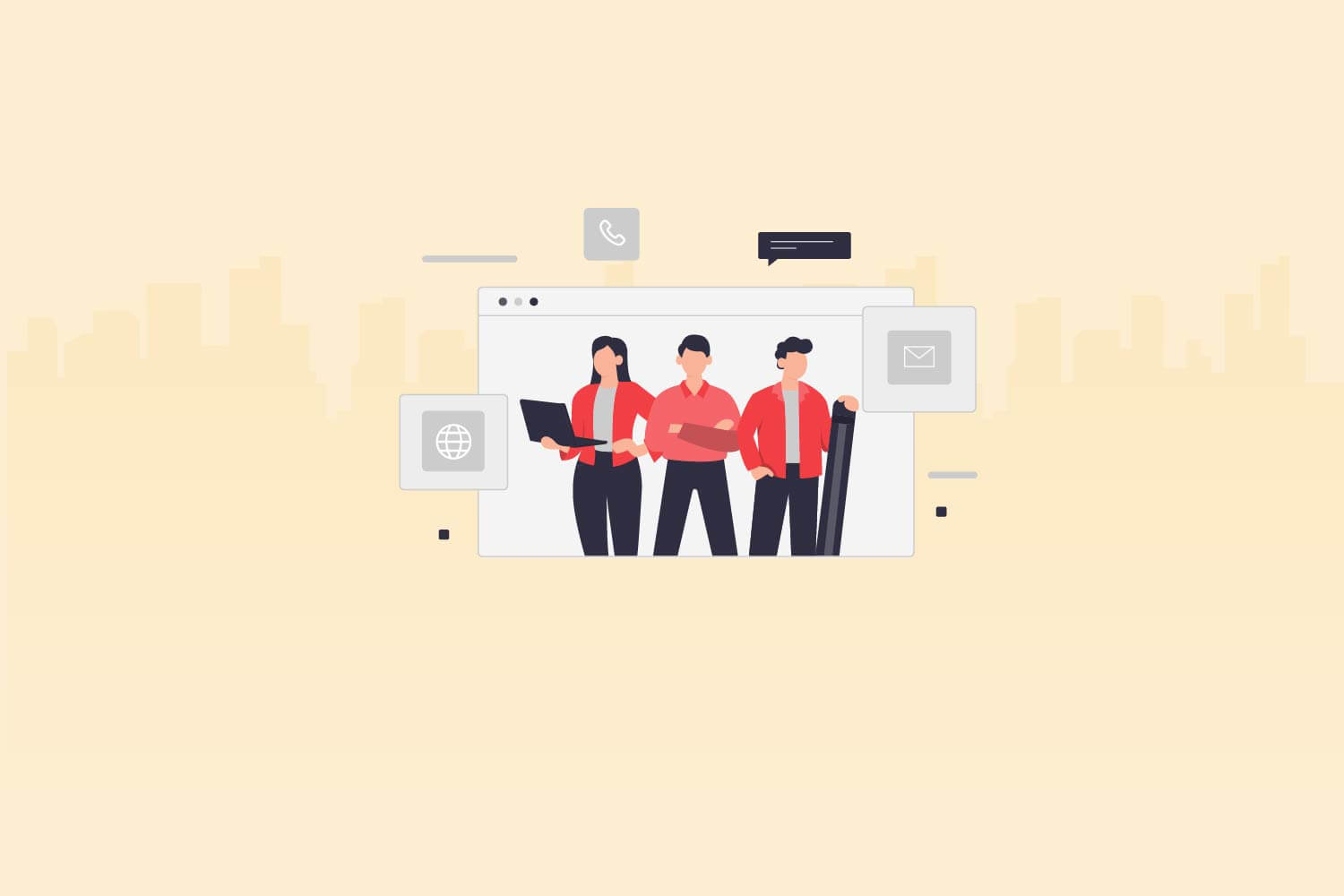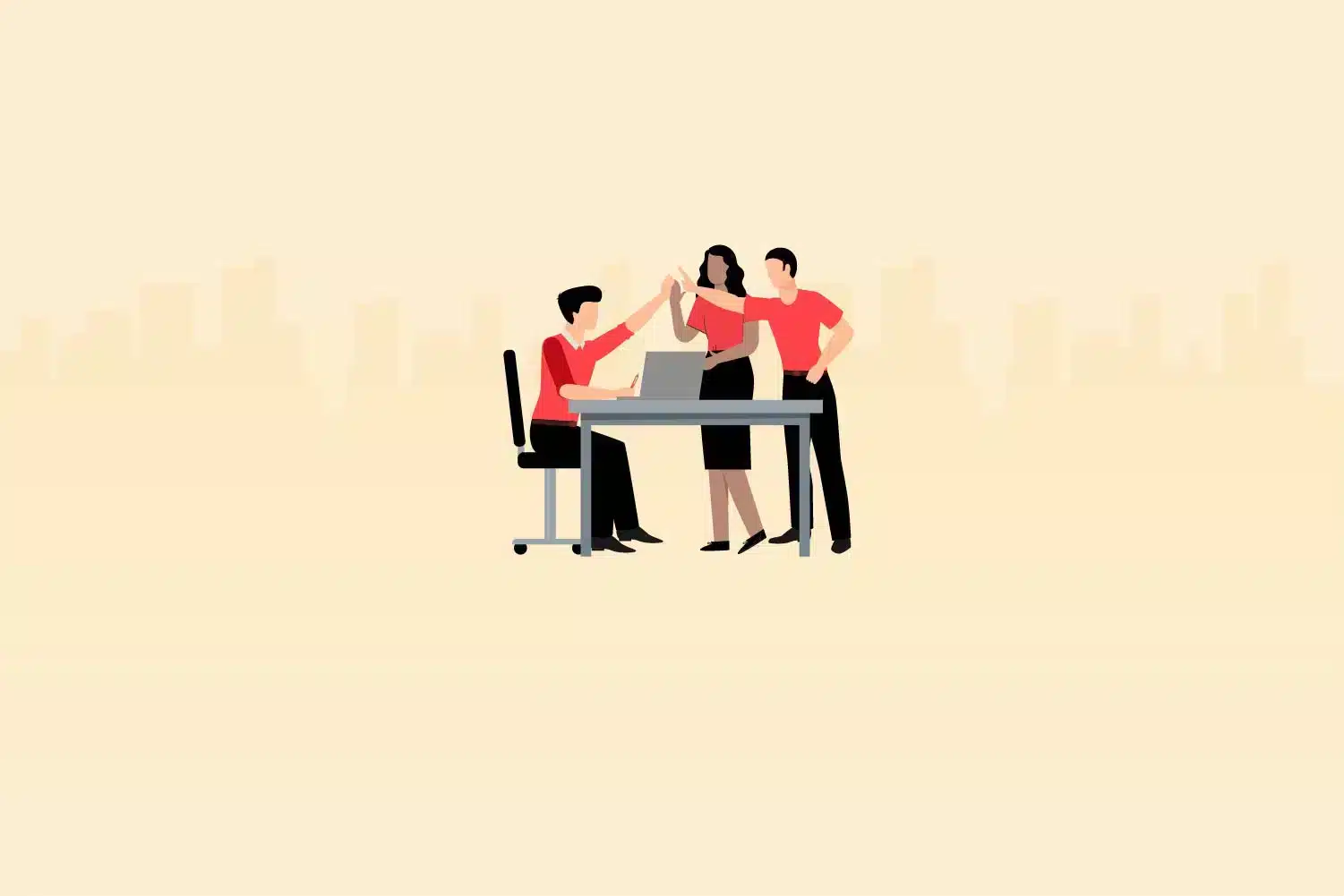Interviewees’ problem-solving and critical-thinking talents are typically put to the test in technical interviews using complicated challenges. Technical interviews provide interviewers a glimpse into how a candidate’s talents will contribute to their success in the position they are applying for, even if not all of them will utilize technical issues to evaluate their abilities. Here we’ll define technical interviews, go over why recruiters use them, and walk you through some sample technical interview questions and answers to help you be ready for your technical interview.
Why are technical interview questions conducted?
The ability to think outside of the box, come up with novel ideas, and tackle complex technological challenges are all skills that are tested in a technical interview. A candidate’s ability to pass a technical interview is indicative of how well their skills match the needs of the position. The interviewer may bring a predetermined set of technical tasks to test the candidate’s problem-solving skills during a technical interview. How a candidate thinks about an issue, defines it, and then finds a solution is something the interviewer can gauge. In this sort of interview, getting the answer right is helpful, but the interviewer is more interested in how you solve issues, so they may give more weight to that than to the answers themselves.
Why are interviews an important part of the recruitment process?
As a means of introducing HR personnel to potential applicants and helping them narrow the pool down to a manageable size, interviews play a vital role in the hiring process. Interviews are also a great way to find new workers who will fit in with your company’s values and vision. Additionally, an interview may be utilized to:
Review the applicant’s previous job history
Asking specific IT technical interview questions allows you to gauge a candidate’s skills, expertise, and work history. You may learn a lot about the applicants’ backgrounds and how well they fit in with your company’s objectives from their answers. Finding out a candidate’s background and experience might also assist you decide if they’ll require any further training if you hire them.
Bring a potential employee up to speed
It is a good idea to introduce prospects to your company’s executives throughout the interview process. This might give you a better idea of the kind of relationships they could develop in your workplace. It might also give you a sense of how they would mesh with the existing vibe of your business.
Evaluate the strong and weak points of a candidate
You can find out how well a candidate does in both the hard and soft skills categories by interviewing them. You may test their “soft skills” by asking them technical interview questions about their ability to communicate, solve problems, and work in a team. A hard skills exam can help you find candidates with the technical abilities you’re looking for by gauging their proficiency with a specific activity, like Excel.
Find the best possible applicants
You may find the most qualified individuals for a job by conducting interviews, as this is a great way to learn about their experience, talents, and work history. If this helps, you might be able to choose better applicants to move on with the employment process. On top of that, it may assist your organization fill critical roles faster by speeding up the recruiting process.
Outline the role and the expectations of the organization
You get the opportunity to ask technical interview questions and get answers about the job’s responsibilities and the company’s expectations throughout the interview process. This might be useful for candidates who want to know more about a role before applying. When defining a position, you may choose to provide the following details:
- Routine work hours
- Functions and obligations
- Life as an example in the role
- The manager or supervisor to whom they would be accountable
Types of candidate interviews
To locate the most qualified individual for your open position, you might experiment with several interview formats. There are a variety of common interview methods:
- Interview conducted over the phone: You may find out who’s a good fit for the job fast using this sort of interview, which is also called a prescreening interview. One other benefit of phone interviews is that they may help you narrow down the pool of candidates to a more manageable number.
- Individual interview: Personality, abilities, credentials, and work history may all be better understood during an individual, or in-person, interview. A candidate’s potential fit with your organization’s objectives can be better assessed using this strategy.
- Group interview: Interviewing applicants in a group is a good strategy to employ when there are numerous of them. It can be useful for narrowing down the pool of applicants to a manageable number so you can provide individual interviews to the best prospects.
Key elements of relevant and insightful interview questions
When planning the structure of their technical interview questions, organizations should keep in mind many important factors:
- Questions about behavior: A candidate’s actions and experiences in certain contexts can be better gauged with the use of behavioral questions. The purpose of these IT technical interview questions is to gain a better understanding of the candidate’s work style, attitude, and problem-solving abilities.
- Asking candidates technical questions is a great way to gauge their level of technical expertise. Asking role-specific questions like these might assist find out if a candidate has what it takes to do the job well.
- Asking candidates questions designed to gauge their cultural fit with the organization is one way to find out if they’d be a suitable match. Asking a candidate questions like these might help you gauge their compatibility with your team and their alignment with our goal and vision.
- Asking applicants open-ended questions might elicit more in-depth and considerate answers. A candidate’s capacity for critical thinking, problem-solving, and effective communication may be gauged by asking them these technical interview questions.
- Interviewers should hone down on a candidate’s unique skills, education, and work history by asking them technical interview questions. In doing so, you may learn more about the candidate’s background and skills and see if they’re a good match for the role.
5 tips for refining the interviewing and recruitment process
If you want to see a substantial improvement in the interviewing and recruiting procedures at your organization, consider the following five suggestions:
Use technology
In their employment process, several organizations include technological procedures. In the end, this can make the hiring process easier and help them locate better applicants. To help sort through a flood of resumes, several businesses utilize applicant tracking systems. Another way that technology may benefit your business is:
- Get the hiring process started sooner
- Produce a slate of exceptional applicants.
- Get back to applicants without delay
Decide on an interview strategy
Quickly screen, analyze, and employ excellent prospects by incorporating the right interview tactics into your recruiting process. One way to assist your organization stay in compliance with fair hiring practice rules is to plan your interview procedures. This will guarantee that the recruiting process is consistent for all candidates. A typical interview sequence can consist of a 15-minute phone interview, a 30-minute in-person interview, and a 15-minute follow-up.
Create standards for assessment
You can better prepare in-depth technical interview questions if you know your company’s evaluation criteria before you do the interview. Finding qualified applicants who can live up to the position’s requirements might be easier using this method. Furthermore, it can offer a quantifiable approach that you can use to evaluate applicants and make prudent recruiting choices.
Think about interview questions in advance.
To better understand the specific abilities and experience of each candidate, it is a good idea to prepare a list of technical interview questions to ask them before the interview. To further aid in selecting the most qualified individuals, it is recommended that the questions be consistent across all roles. Consider looking over your employer’s assessing criteria and asking questions that are relevant to the position’s needs to assist you craft successful inquiries.
Write comprehensive job descriptions
Making a thorough job description for the role you’re trying to fill will help you attract qualified applicants before you even start interviewing. You have the option to detail the employer’s desired credentials, experience, and abilities in the job description. Potential employees can have a better feel for the role before applying, which might speed up the hiring process.
Conclusion
When looking to fill technical positions in any company, a technical interview is an essential first step. You can find the greatest applicant for the position if you are well-prepared, ask pertinent technical interview questions, and evaluate their performance objectively during the interview. Make sure the candidate knows what to expect from the interview and that everything is kept open and honest. You can make a well-informed choice and employ the most qualified individual for the job by adhering to these good technical interview questions.
